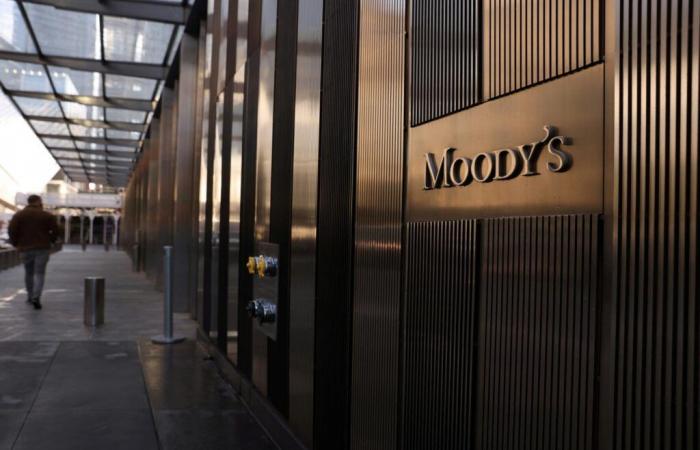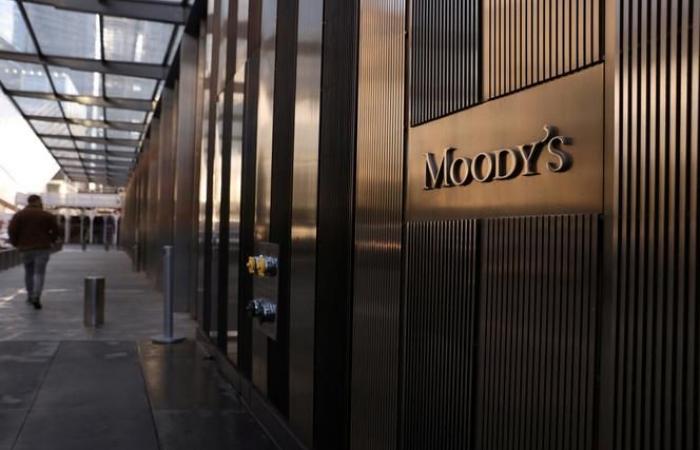Pslow gosling, the current political crisis in France is gradually showing its toxicity for the business world. The dissolution of the National Assembly in June was the first episode, taking the entire economic world by surprise. Then, at the start of the school year, the new Prime Minister, Michel Barnier, worried businesses with his cocktail of tax increases, which contrasted with the policy of the previous government. Third episode of this disastrous series, censorship by deputies pushing the ephemeral government towards the exit.
Read also | Article reserved for our subscribers Moody’s in turn issues a warning to France on its public deficit
Read later
The effects of this instability are appearing: freezing of investments, declining growth and falling financial markets. The decision of the rating agency Moody’s to downgrade France’s rating on Saturday, December 14, cast a chill. By affirming that the budgetary recovery plans essential to reduce the budget deficit were unlikely to materialize in the 2025 budget, she sent a message of distrust to the authorities.
And as if that were not enough, the agency announced on Tuesday December 17 that it was also downgrading the debt of seven French banks. Not that their individual situations had changed, but their proximity to public authorities, particularly as the primary holders of French debt, makes them vulnerable to a weakening of public finances. And as banks are the main cog between the State and the real economy, the risk of contagion is now obvious.
You have 43.85% of this article left to read. The rest is reserved for subscribers.
Business







